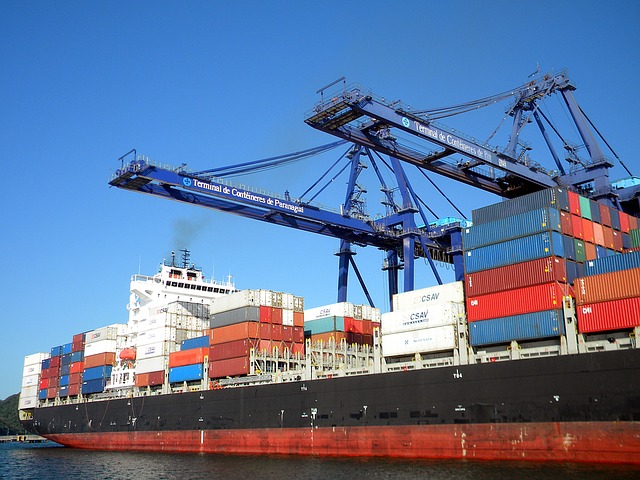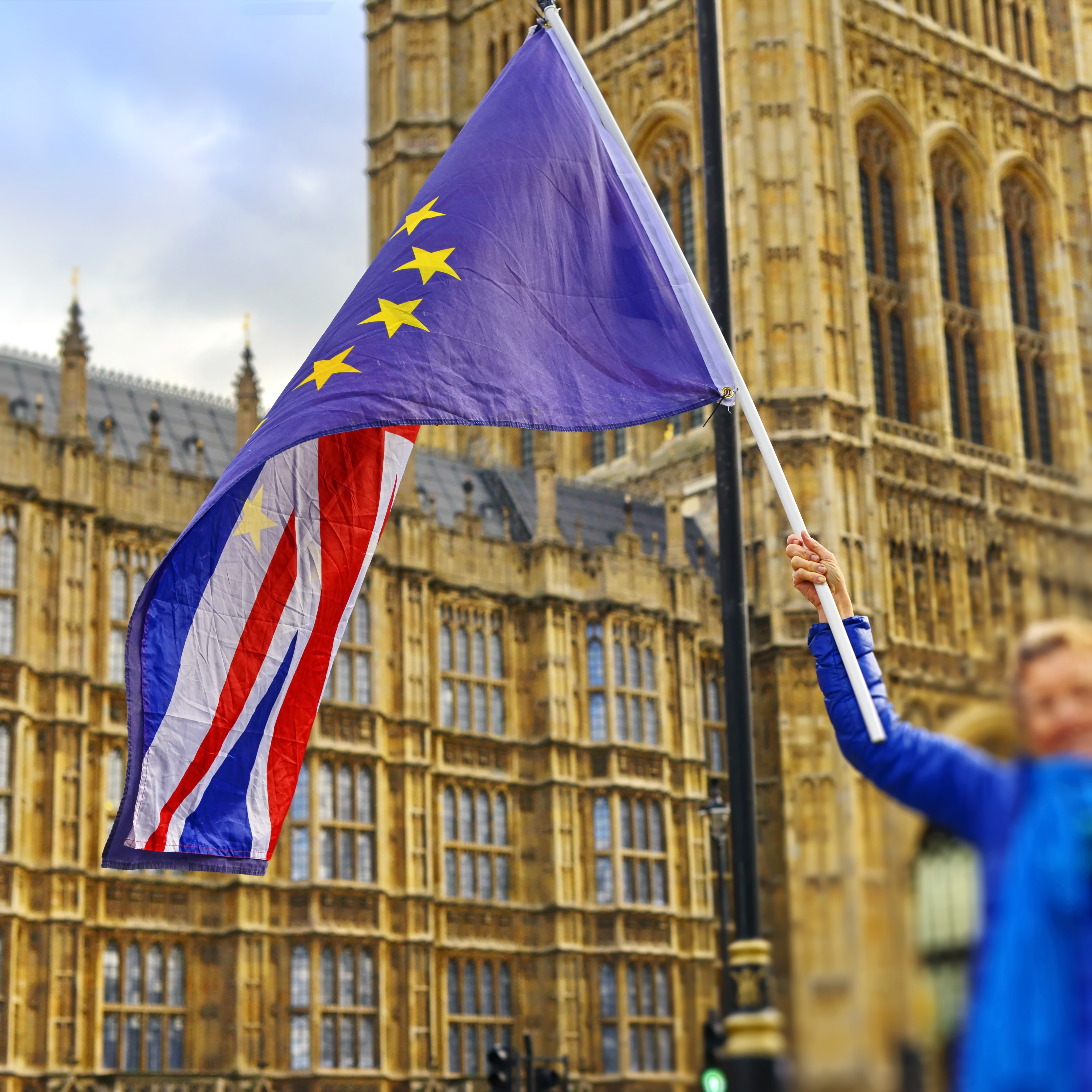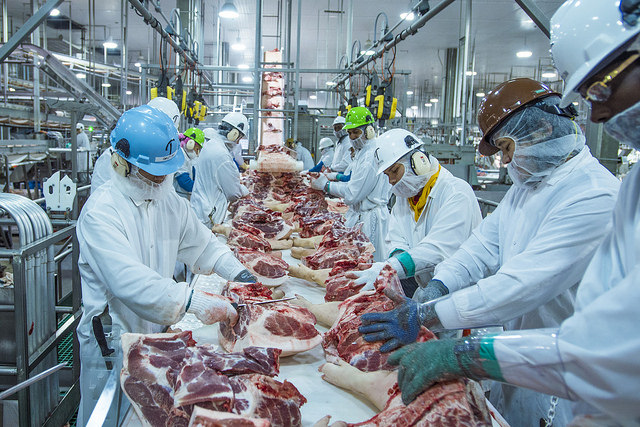



"No checks on imports from the continent has handed the EU a nice Brexit dividend", says BMPA
The latest opinion piece from the British Meat Processors Association (BMPA) notes postponing import checks from the EU leaves UK meat exporters at a significant disadvantage.
The inter-war Times headline often quoted as “Fog in Channel: Continent cut off” has special significance when it comes to EU/GB supply chains.
The recent decision by Government to further postpone import controls on goods moving from the EU and products of animal origin in particular highlights the risk to GB supply chains that interrupting these would cause. To summarize, the original plan to introduce import checks on movements from the EU were first postponed from April 1 (with a phasing in to 1 July 2021) were first postponed to 1 October 2021 and 1 January 2022.
In effect, the October deadline was intended to be a "dress rehearsal" with prenotification and export health certificates "required" but only for qualitative checks intended to be used to advise EU exporters and GB importers where errors or inconsistencies arose. The "real" deadline, from which full documentary checks and full compliance was to be 1 January 2022. But this has now been even further postponed with only prenotification required from 1 January 2022 and again, this is not a "stop-go" requirement. Full certification and checks have been put back to 1 July 2022.

The reasoning given for this is that the “revised timetable will give businesses more time to adjust to new processes” as well as recognizing that official infrastructure in some exporting Member States, such as the availability of vets, would be under pressure if certification were added to the burden.
UK businesses exporting to the EU have had to shoulder this burden since January this year; a burden that has doubled the end-to-end costs of exporting. As an illustration, the additional costs of certification for exports to the EU has added £40 million to the costs of doing trade with the EU.
These costs have created a significant competitive disadvantage for GB operators, as EU operators will now not have to face them for at least the 18 months from January 2021 to July 22. That certification represents some 400,000 certifier hours; again, a resource burden the EU has avoided. And there is an irony to this. That time and money is being spent to "protect" the EU, not us!
An "independent" UK should be protecting its borders and using veterinary resource to do so, conducting in-country audits on those countries exporting to us and so on, not spending additional tens of millions of pounds to protect EU consumers.

The EU was confident that an immediate imposition of full SPS compliance on GB exports to the EU was never going to threaten or undermine EU supply chains and they were "ready" from day one. An "isolated" Continent was never going to be the problem. The same is not true in reverse. The harsh reality is that, while the EU may export more to GB than vice versa, our supply chains are far more dependent on that supply and any disruption thereof will lead to empty shelves.
Don’t get us wrong, that is a perfectly valid reason to delay the import requirements as the Government has done but time will not change this dynamic. Some EU operators will simply cease exporting rather than deal with the cost and complexity of trading with the UK.
The real problem is that the delay, justified as it may be, is not fair on GB exporters to the EU and, even if it is on a temporary basis, agreement on veterinary alignment should be secured to level the playing field and mitigate any supply chain risk. This would at least buy time to conclude a wider veterinary agreement apart from giving the much need breathing space to find a solution to the challenges of the Northern Ireland Protocol. Failing to do this will simply perpetuate the imbalance in the burden imposed on GB exporters.


